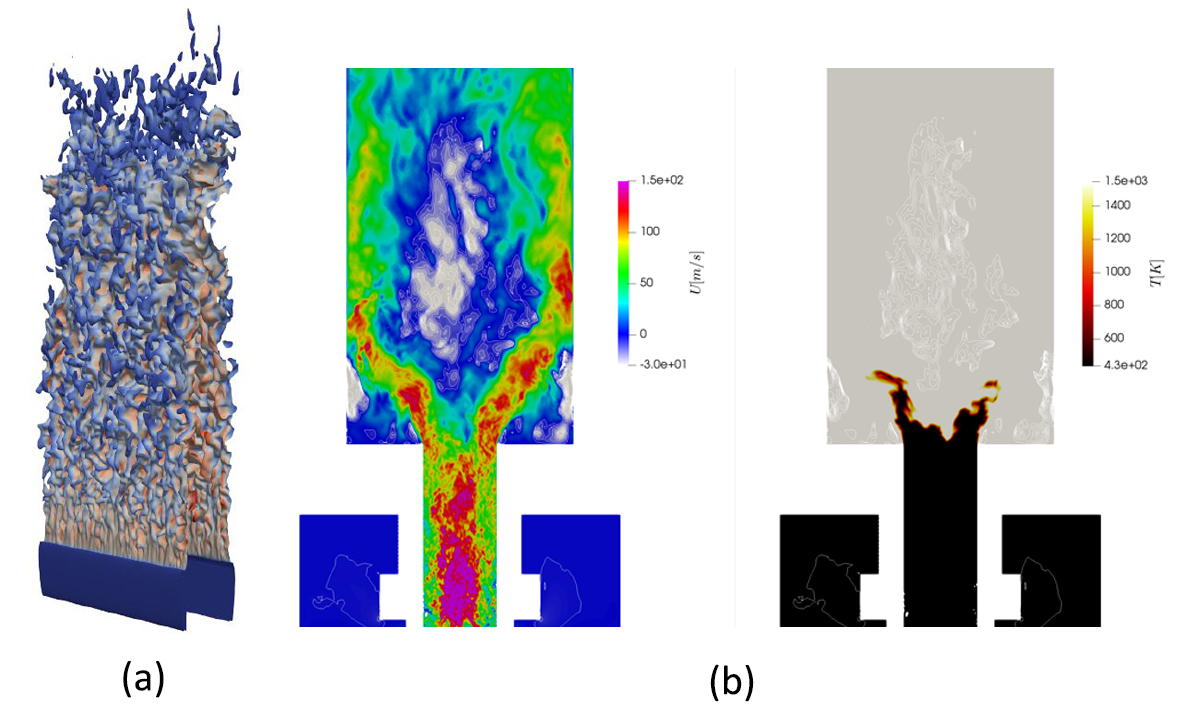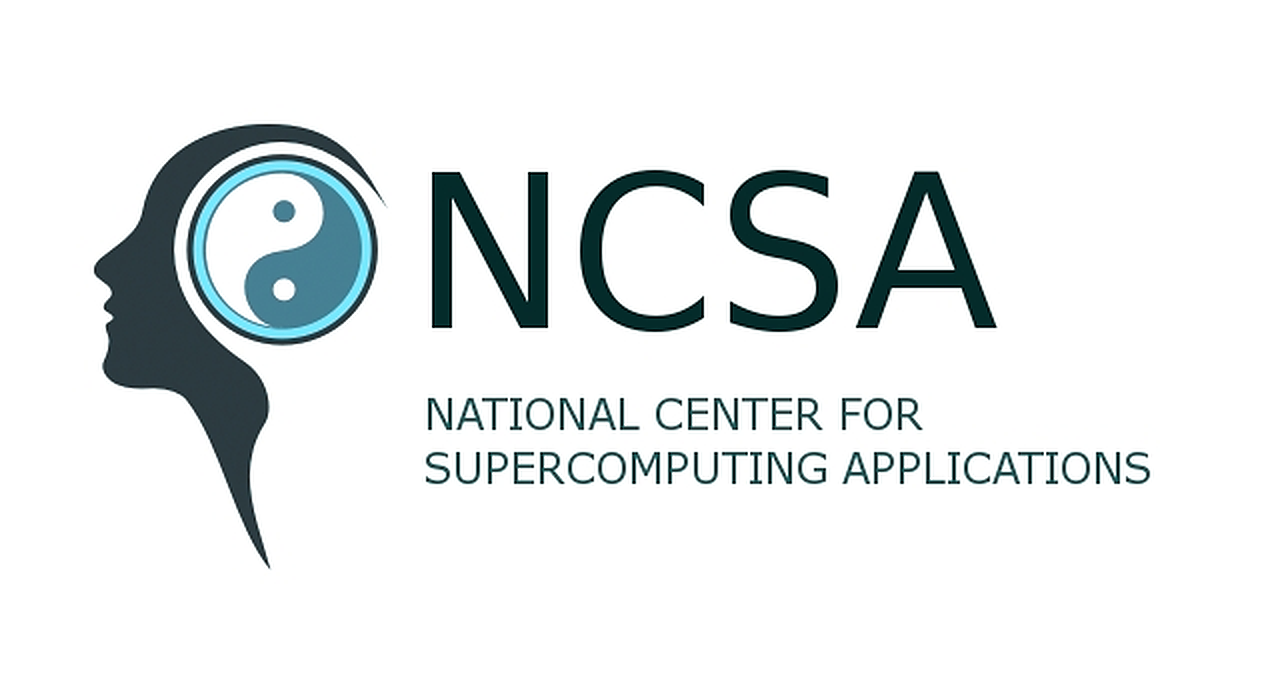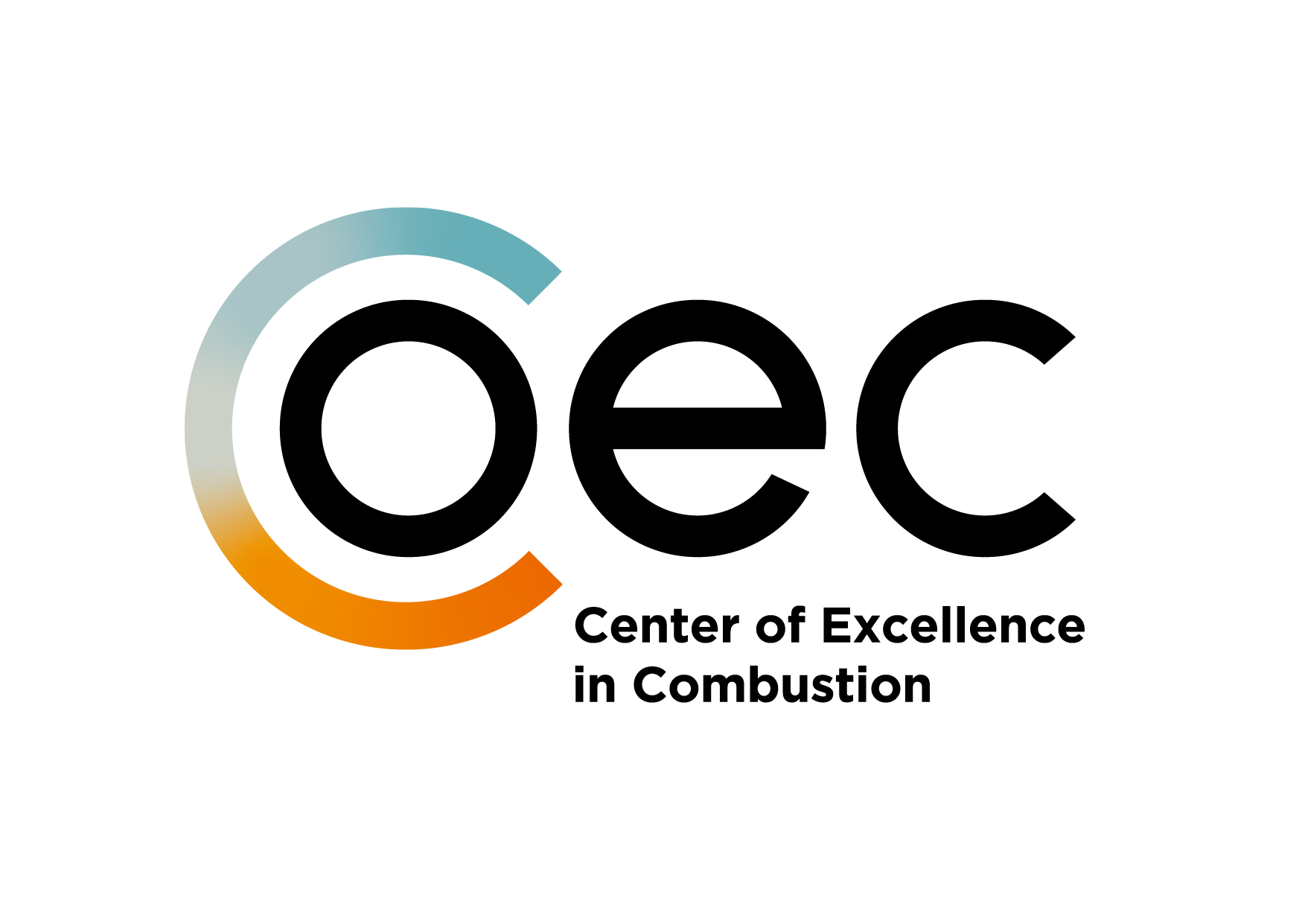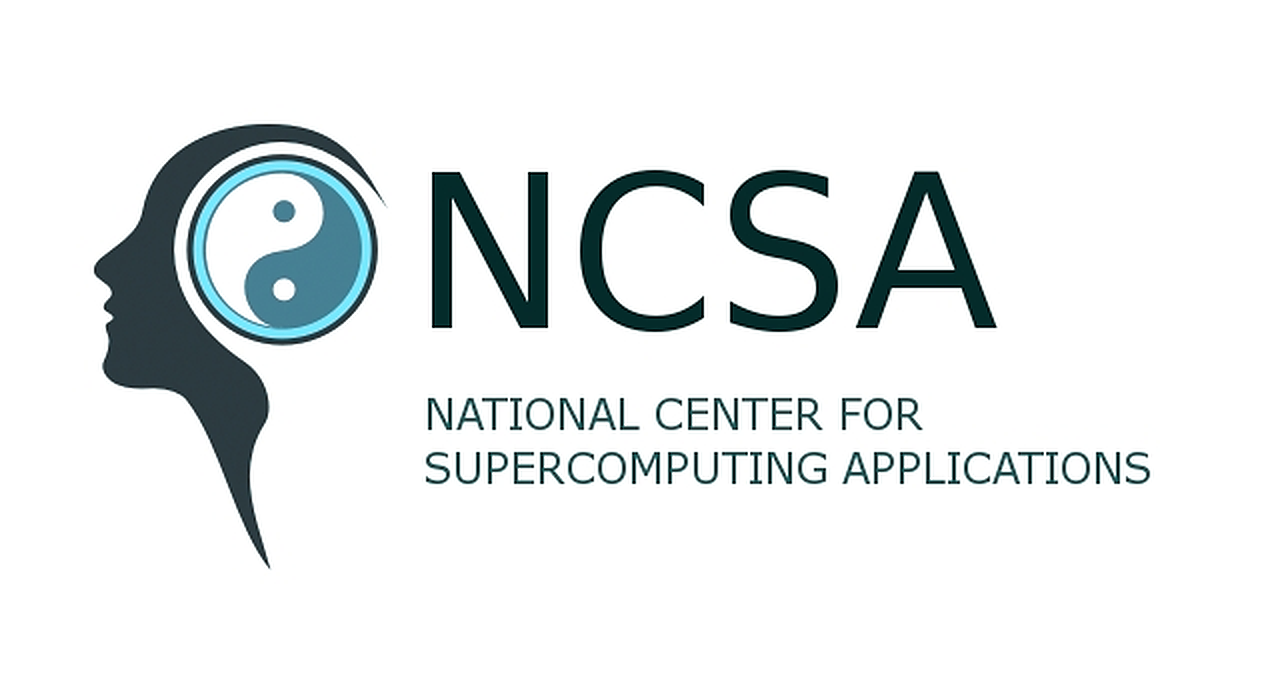NCSA (CoEC Consortium Member)

CoEC and the EU decarbonisation goals
May 31, 2021
The Center of Excellence in Combustion (CoEC) has been created in order to apply exascale computing technologies to promote and develop advanced simulation software that can support the decarbonisation goals of the European Union within the energy and transportation sectors.
The CoEC addresses this challenge using advanced modelling and simulation technologies to study the combustion in different fields - sustainable fuels, new combustion technologies, hydrogen combustion to transform Europe's power and transportation sectors.
Central to CoEC's work is the use of Exascale computing and the development of advanced simulation methodologies that can be transformed into a portfolio of high-end Exa-enabled services. Alongside this, one of the project's goals is to improve EU combustion codes towards Exascale-ready software to address fundamental challenges related to decarbonisation.
Europe's transition to Exascale computing has allowed CoEC to explore the viability and reliability of alternative fuels, such as e-fuels and biofuels in practical applications like never before. The research will impact the decarbonisation of the power and transport sectors by generating advanced modelling and simulation software that can be integrated into industrial workflows. This project will contribute to developing computational models for improving engine design and to the digitalisation of the power and transportation sectors.
In addition, CoEC is developing in parallel advanced simulation software to study hydrogen combustion. The generation of green hydrogen from renewable energy sources or by Power-to-X (P2X) technologies requires highly flexible and clean power plants that compensate for the fluctuations in the "time-fluctuating" renewable energy sources.
To address the challenges for achieving cleaner and more efficient power and propulsion systems, our specific objectives are:
- To target scientific breakthroughs in combustion enabled by Exascale computing;
- To achieve significant advances in bringing combustion simulation technologies to market;
- To develop HPC software and algorithms for the efficient exploitation of Exascale systems;
- To promote and strengthen collaboration between the well-established European combustion and HPC communities, creating the European Exascale Combustion Community;
- To develop a services portfolio that includes standardised workflows and databases - targeting relevant stakeholders of the academic, industrial, and Public Governance Bodies.
About CoEC
CoEC is a collective effort to exploit Exascale computing technologies to address fundamental challenges related to the simulation of combustion systems, which will create a positive impact on the EU´s decarbonisation goals. Coordinated by the Barcelona Supercomputing Center and granted with a budget of over €5.6M by the European Commission, the project will run from 1 October 2020 to 30 September 2023. Other partners in the consortium include leading institutions in the fields of computational combustion and High-Performance Computing such as Centre Européen de Recherche et de Formation Avancée en Calcul Scientifique (CERFACS), RWTH Aachen University, Eindhoven University of Technology, University of Cambridge, Centre National de la Recherche Scientifique (CNRS), Technical University of Darmstadt, ETH Zürich, Aristotle University of Thessaloniki, Forschungszentrum Jülich (FZJ) and National Center for Supercomputing Applications.



